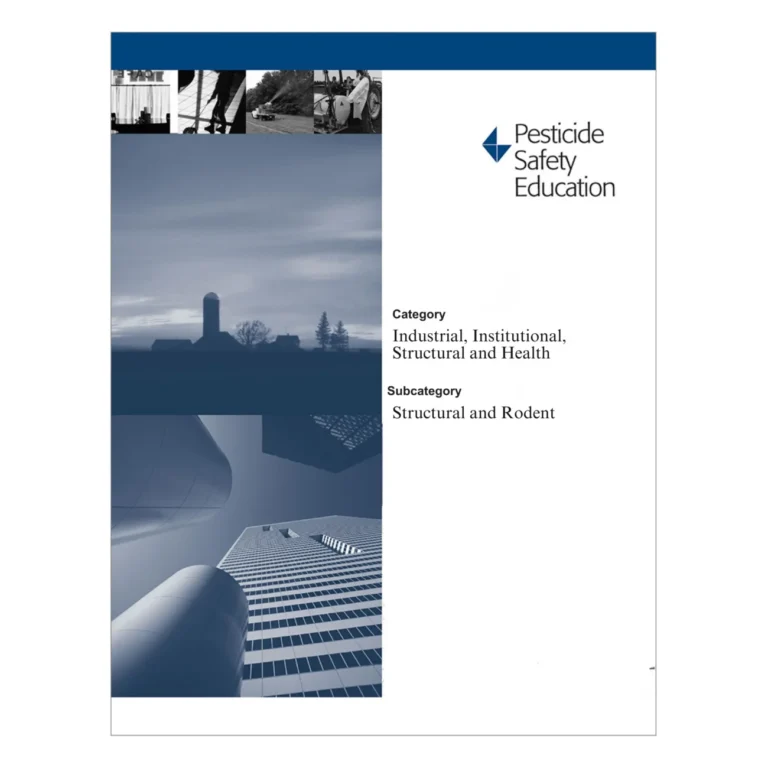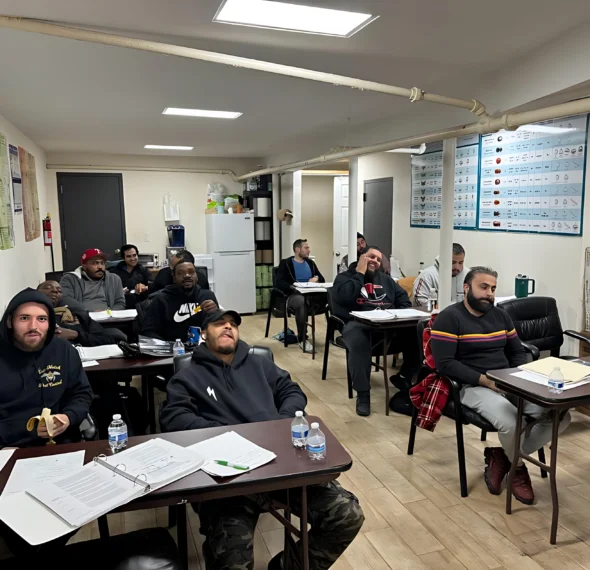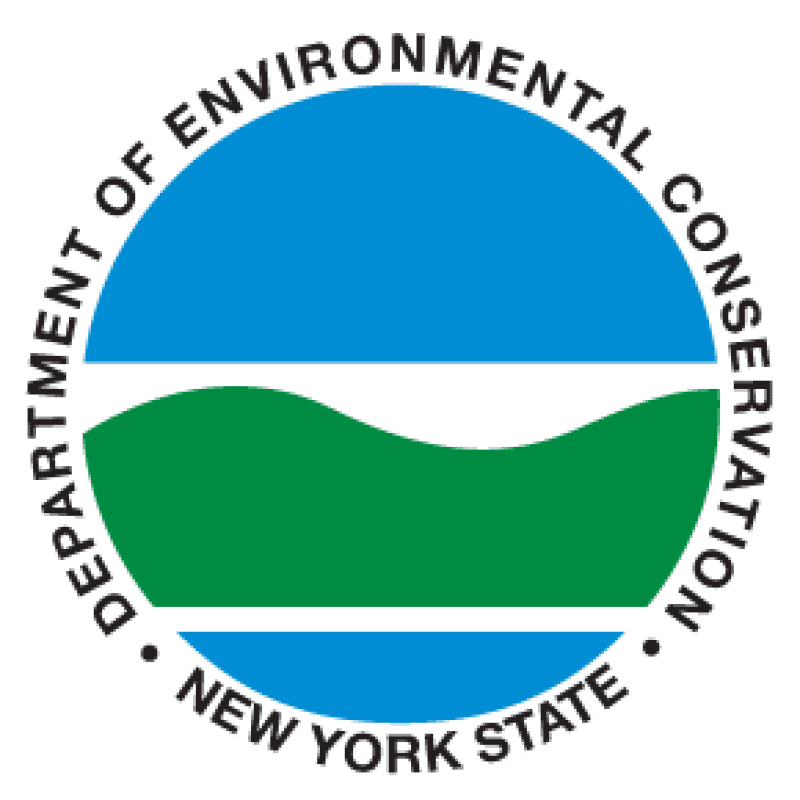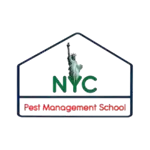Structural and Rodent Control (Category 7A)

Conquer Common Pests
Master in Structural and Rodent
(Category 7A)
NYC Pest Management School gives you the knowledge to control rodents in homes and businesses. This is a general program for anyone needing the NYSDEC 7A pest control license. It allows individuals to do pest control in private homes and institutions.
Our course will teach you the theory and skills to be a certified pest control technician. It will meet high industry standards for managing structures and rodents.
Why Choose Our Structural & Rodent Control Course?
High Demand & Rewarding Career
The pest control industry is booming, thanks to urban growth and pest concerns. This suggests a stable career for exterminators with a 7A license. It also opens up further opportunities for career growth and advancement. You could work in a pest management firm or run your own business. The Category 7A Course keeps you ahead in the industry and gives you an added interest in a rewarding role.
Protect Public Health & Property
Rodents and other pests can spread diseases and damage property. This can be very costly. Rodent control training will teach you ways to prevent these pests. This will protect public health and property. This 7A course will cover pest control strategies. They will help you be more proactive with pest management.
Command Competitive Salaries
Demand is rising for a certified tech with expertise in rodent and pest control. This almost always leads to a higher salary and secure job prospects. Moreover, this course will give you a competitive edge in the pest control industry. You'll attract better, higher-paying job offers.
What You'll Learn in Our 7A Course?
This Category 7A course curriculum meets New York State standards. It covers structural pest control and rodent management in depth. Below, we will highlight the major topics covered within the program.
Structural Pest Identification
Learn to identify common pests, like rodents and insects, that might infest buildings. It is important. Early recognition will stop the pests from causing more damage. This is a foundational skill in pest control that every professional must possess.
Effective and Safe Control of Pests
Our training covers safe, effective pest management in various environments. It includes understanding pesticide risks and methods to minimize exposure. Proper application techniques are key to ensuring safety for people and pets. As a result, they also achieve the desired outcomes.
Methods of Rodent Control
This course will focus on rodent control. It will cover identifying rodents and strategies for eradicating them. You will learn the habits and behavior of rodents and common entry points in structures. This knowledge enables a technician to control pests. It allows them to suggest ways to reduce the risk of an active infestation.
Principles of Integrated Pest Management
This training incorporates Integrated Pest Management, or IPM. It is a sustainable approach that uses all available techniques in combination. Minimize pests with the least harm to people and the environment. Avoid hurting non-target organisms. IPM pest control prioritizes prevention, using sanitation and exclusion. It avoids reliance on chemicals.
Food Safety Facility Regulations
Moreover, it's critical to understand the pest control regulations, especially in food-processing or commercial areas. It trains on food safety and compliance with NYSDEC rules. They protect food sources from contamination. Such regulations are vital in areas like restaurants and food storage.
Documentation and Reporting
All the main courses allow one to have an overview of proper records and reporting. In industries with strict regulations, it is crucial. Our course teaches you to record and report pest management activities with precision. This is what your employers and a regulatory agency care about most.
Importance of 7A Certification in Pest Control
Indeed, a 7A pest control license is more than just a credential. It demonstrates your commitment to the responsible management of structural and rodent pests. The 7A license for exterminators certifies that you have completed the required training. This demonstrates that you can manage pests safely and responsibly while adhering to all regulations.
Unlock a rewarding career in pest control with our training.
Your 7A license is a passport into an exciting and in-demand career in pest management. This license opens many career paths. You can help protect public health and valuable property. The NYC Pest Management School’s experts will help you meet them. Are you ready to start your career in Rodent Control and Structural Pest Management? Enroll today and take the first step into a rewarding career in the field of pest control! With our help, you can get certified. You’ll become a trusted pro in this field.
Contact us today to start your journey in structural and rodent control!


NYSDEC Licensing Requirements
The NY State Dept. of Environmental Conservation requires 30 hours of training for the 7A license. The training program, moreover, contains both theoretical and practical elements. This course will qualify you to take the licensing exam. It will test your knowledge of pest control methods, safety, and regulations. Our course meets NYSDEC’s standards. It will give you solid, in-depth training in rodenticide. This will prepare you for the exam. Once certified, you will be equipped to work as a pest control technician, addressing pest problems in both homes and businesses. You will solve pest problems for homes and businesses.
Why Choose Our Training Program?
FAQs
Category 7A Course: Target structural pest control and management of rodents. This course is for those who want a 7A license to work as certified pest control technicians in New York.
If you pass the 7A pest license training and the NYSDEC exam, you can get a 7A pest control license. Our rodent control training course will prepare you for the exam. It will also provide you with the necessary skills to thrive in the field.
Rodent control training is critical. Rodents infest properties, carry diseases, and damage them. Only proper training will enable a technician to manage an active infestation. This will protect public health and reduce property damage.
